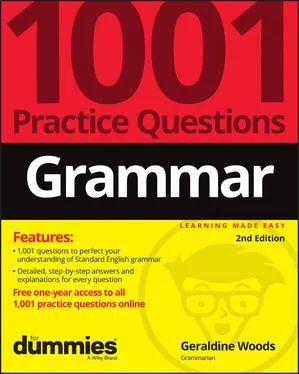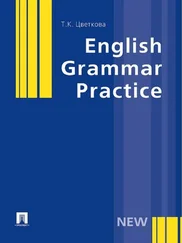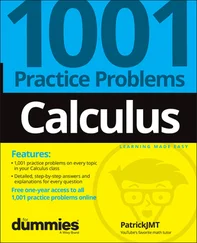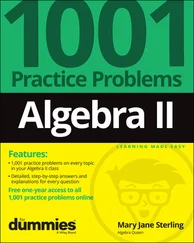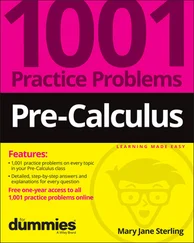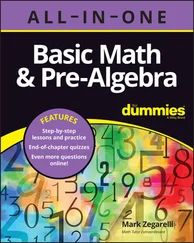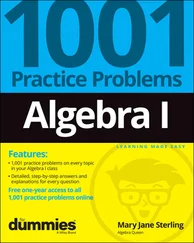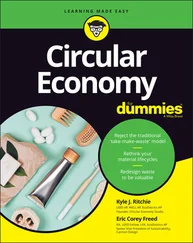The article an precedes a word beginning with a vowel sound (a , e , i , o , or u). A precedes a word beginning with a consonant sound (any letter except the vowels listed in the preceding sentence). Only sound, not spelling, matters.
If two or more words function as one description, you generally hyphenate them, as in second-place finish, green-and-yellow hat, hard-working waiter, and so forth.
Distinguishing Between Adjectives and Adverbs
362–373 Identify the underlined words (in order) as adjectives (ADJ), adverbs (ADV), or neither (N).
362. The green scarf slipped off her bare head.
363. Put these shiny cups below because I may use them later.
364.Good journalists still cover important stories, not sensational gossip.
365.Fivetiny mice curled up and squeaked softly when they sensed danger.
366. The escaped prisoners, tired and hungry, eventually surrendered.
367. Your school shoes are tootight, so we must buy a larger size.
368. When Luke sounded hoarse, his trustedvoice coach gave him honey and lemon.
369.Identical twins are playingone role in that Broadway play.
370. A vacant building, unguarded, may attract squatters who live thereillegally.
371. Be smart. Drive defensively, and you’ll arrive safely and enjoy a lovely vacation.
372. The production crew is responsible for setting the props on stage before the curtain first rises.
373. Chef John is justlyfamous for his use of extremelyfresh ingredients and fast preparation of complicated dishes.
Placing Adjectives and Adverbs in Sentences
374–393 Insert an adjective or an adverb in each blank, choosing from the words in the parentheses.
374. The reporters were _____ (pleased, pleasingly) to see their _____ (local, locally) story attract _____ (national, nationally) attention.
375. Are _____ (common, commonly) electronic devices _____ (bad, badly) for _____ (social, socially) connections?
376. Wading into _____ (deep, deeply) waters, Ron felt _____ (cool, coolly) _____ (immediate, immediately).
377. Ben strummed his _____ (new, newly) guitar _____ (energetic, energetically) but not _____ (good, well).
378. The _____ (large, largely) delivery van runs _____ (smooth, smoothly), so its contents remain in _____ (good, well) condition.
379. Our show’s _____ (loyal, loyally) audience protests _____ (loud, loudly) whenever the network _____ (serious, seriously) threatens to cancel it.
380. Jackson’s gift was _____ (extreme, extremely) _____ (generous, generously), even though he considered the donation _____ (minimal, minimally).
381. Dave feels _____ (happy, happily) because the voters _____ (sure, surely) agree with his position on the _____ (controversial, controversially) issue.
382. “Play _____ (nice, nicely),” exclaimed the _____ (over, overly) strict babysitter, but the children continued their _____ (rough, roughly) games.
383. It’s _____ (real, really) _____ (unusual, unusually) for an amateur to discover such a _____ (rare, rarely) fossil.
384. Mina worked _____ (hard, hardly), but the _____ (low, lowly) grade she _____ (sad, sadly) read on her paper did not reflect her efforts.
385. Children who behave _____ (bad, badly) should be scolded _____ (prompt, promptly) and then given a chance to improve with the _____ (gentle, gently) guidance of their caretakers.
386. _____ (Ripe, Ripely) plums taste _____ (sweet, sweetly), but fruit picked too soon may be _____ (bitter, bitterly).
387. Walk _____ (rapid, rapidly) down the hall and turn _____ (sharp, sharply) when you reach the _____ (first, firstly) door on the left.
388. I feel _____ (bad, badly) that I spoke _____ (insulting, insultingly) to my most _____ (important, importantly) client.
389. Eileen appeared _____ (merry, merrily) at the party, but afterward, she sounded _____ (sad, sadly) and _____ (nervous, nervously).
390. Anything _____ (wicked, wickedly) makes us feel _____ (uncomfortable, uncomfortably), at least for a _____ (short, shortly) time.
391. It’s _____ (certain, certainly) true that young children often wait less _____ (patient, patiently) for their turns to play _____ (fun, funnily) games.
392. The _____ (wide, widely) seen broadcast was _____ (sure, surely) helpful to the show’s _____ (dismal, dismally) ratings.
393. The senator _____ (sudden, suddenly) interrupted to declare _____ (firm, firmly) that she was _____ (political, politically) neutral.
394–402Choose a or an to precede each expression.
394. apple, orange, banana
395. card, printer, outdoor trip
396. bicycle, old-fashioned radio, modern style
397. everyday dish, light, history
398. amusing story, unusual incident, original song
399. initial impression, very happy child, additional payment
400. historic occasion, important dictionary, telephone
401. herb garden, fir tree, balcony
402. orphan, adventure, email
403–411 Identify the description(s) that correctly include or omit hyphens.
403.
1 self-cleaning oven
2 best-dressed list
3 package of blue-pens
404.
1 recently passed law
2 brown-eyed boy
3 poorly-expressed idea
405.
1 third base coach
2 very-shallow water
3 sixth-grade math
406.
1 nine-year-old kid
2 constantly-changing world
3 nearly-enough candy
407.
1 tension-relieving exercise
2 a job well done
3 newly formed committee
408.
1 three-blind mice
2 very-happy puppy
3 less-valid argument
409.
1 elementary school desk
2 Yankees baseball team
3 book review section
410.
1 more interesting story
2 red haired doll
3 extremely difficult problem
411.
1 annual-dental exam
2 language-proficiency test
3 mostly-boring material
Chapter 9
Going Long: Descriptive Phrases and Clauses
Short descriptions — the adjectives and adverbs covered in Chapter 8— add a lot of meaning to your sentences. Why stop there? Longer descriptive elements, also known as phrases and clauses, can really drive home your message. The good news is that long descriptions are fairly easy to construct. The not-so-good news is that slotting these descriptions into the proper spot can be tricky. The questions in this chapter hone your skill in correctly situating phrases and clauses, as well as a few slippery single-word descriptions.
The Questions You’ll Work On
In this chapter, you work on these concepts:
Recognizing the word or words described by phrases and clauses
Placing phrases and clauses so that they are clear and describe the appropriate word
Keep these points in mind when you’re answering the questions in this chapter:
Prepositional phrases may function as an adjective, describing nouns or pronouns, or as an adverb, describing verbs.
Infinitives and participles may also act as descriptions. Infinitives (to + verb, such as to meet, to greet, to sleep) may describe nouns, pronouns, or verbs. Participles (the part of a verb you use with has, have, or had, such as given, driving, and the like) may describe nouns or pronouns.
Clauses (units of a sentence that contain a subject-verb pair) may describe nouns, pronouns, or verbs.
To find any sort of adjective, ask these questions: How many? Which one? What kind? To locate an adverb, ask the following: How? When? Where? Why? Under what conditions?
Читать дальше
